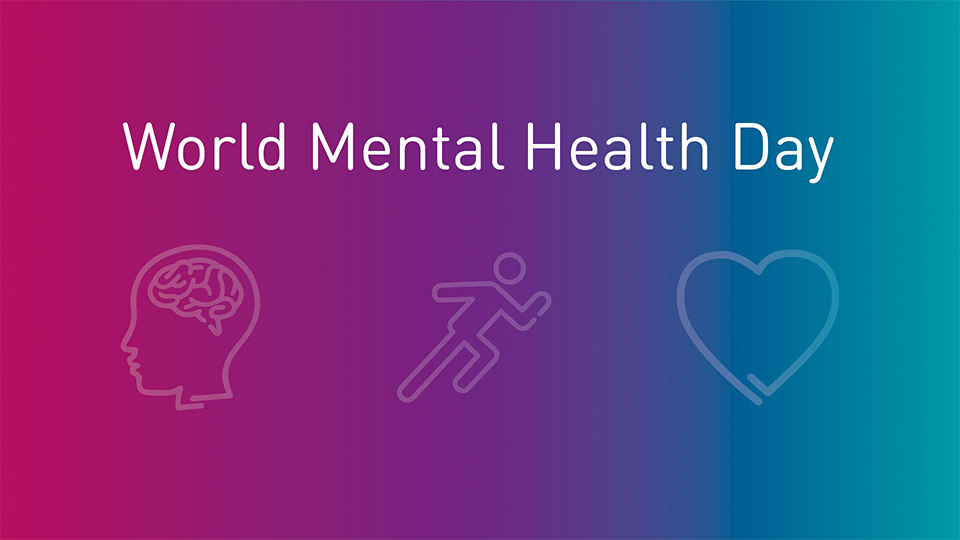Throughout the week, we’ll also share upcoming wellbeing events, initiatives, and services available to staff and students.
Student support
There are a number of teams at the University who are here to help you with your mental wellbeing, through practical and pastoral support.
The Mental Health Support team based in Student Services can provide support by helping you to evaluate the practical impact that mental health difficulties may be having on you as a student. We can talk through the support needs you require and offer these directly or refer you to an external service.
Counselling is also available to students as part of the Student Wellbeing and Inclusivity Service at Loughborough. Counselling is an opportunity to talk and reflect with a professionally trained person outside of your immediate situation, who can support you with any emotional or psychological problems that are affecting your time at the University. Group sessions and workshops are also available throughout the year.
Additionally, the Community Warden team are available to provide pastoral support to students living off-campus in the Loughborough area. Read more about how they can help you and get to know the team on their dedicated webpage.
Further services available for students can be found below:
- The LU Wellbeing app – a digital toolkit using a holistic approach to positively influence your wellbeing, incorporating mindfulness and cognitive behavioural therapy (CBT) amongst many other techniques.
- Togetherall – designed to help people get support to take control of their wellbeing and feel better. It provides 24/7 peer-to-peer and professional support (from experienced clinicians who are always online), plus a range of courses and tools to help people self-manage their wellbeing.
- The Yellow Book – an online resource with various tools and techniques to help combat stress in written and audio format. The e-book features poems, songs, readings and artwork to help with your mental wellbeing (please note that sign-in is required).
- The University Chaplaincy (Email: cfschaplains@lboro.ac.uk, Tel: 01509 223741) offers a space for quiet reflection. University Chaplains are here to listen, care and help all staff and students. No appointment is necessary.
Staff support
The University recognises that employees play a vital role in our progress towards achieving excellence and so it is crucial that we embed a proactive and engaging approach to enhancing the health and wellbeing of all staff. That’s why we have a variety of services available for University staff to access, all of which can be found on the Support and Wellbeing webpages.
Here is a list of some of the services and resources we encourage staff to use if they need any wellbeing support:
- Employee Assistance Programme (EAP) – a confidential, unlimited support service for any matter that might be of concern to you which is available to access 24/7 via web and telephone.
- My Healthy Advantage app – complementing the EAP, this app provides an enhanced set of wellbeing tools and engaging features to help the user’s mental and physical health.
- Togetherall – designed to help people get support to take control of their wellbeing and feel better. It provides 24/7 peer-to-peer and professional support (from experienced clinicians who are always online), plus a range of courses and tools to help people self-manage their wellbeing.
- The University Chaplaincy (Email: cfschaplains@lboro.ac.uk, Tel: 01509 223741) offers a space for quiet reflection. University Chaplains are here to listen, here to care and here to help all staff and students. No appointment is necessary.
- Mental Health First Aiders – These staff members are trained to listen, reassure and respond, even in a crisis – and can potentially avert a crisis from happening. They can do this by recognising warning signs, and they have the skills and confidence to approach and support someone experiencing poor mental health.
More information about University facilities and initiatives that may help with your wellbeing can be found on the Staff Wellbeing pages.








